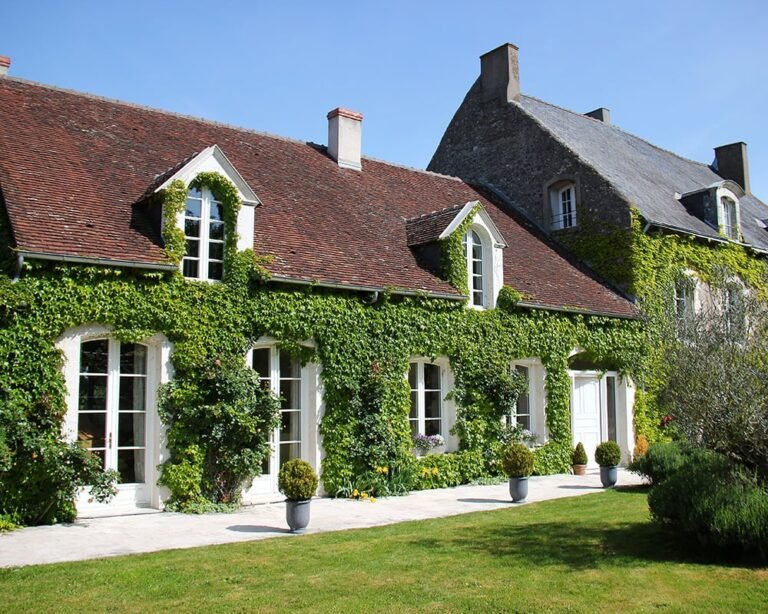Telling time
The french tell time in two ways. The common way for everyday speech. And the official way for timetables, tv guides, and train schedules.
the 12-hour clock
For ordinary life, the french use the 12-hour clock like english speakers do. But they say things a little differently.
To ask the time, you say:
- Quelle heure est-il ? “What time is it?”
To answer, you always start with Il est.
- Il est une heure. “It is one o’clock.”
- Il est deux heures. “It is two o’clock.”
- Il est midi. “It is noon.”
- Il est minuit. “It is midnight.”
For hours after one, the word heures is plural.
the half hour
For 30 minutes past the hour, they say et demie.
- Il est trois heures et demie. “It is half past three.” (3:30)
- Il est dix heures et demie. “It is half past ten.” (10:30)
For noon and midnight, it changes a little.
- Il est midi et demi. “It is half past noon.” (12:30 pm)
- Il est minuit et demi. “It is half past midnight.” (12:30 am)
Notice demi changes. With heure (feminine), it is demie. With midi and minuit (masculine), it is demi.
the quarter hour
For 15 minutes past, they say et quart.
- Il est quatre heures et quart. “It is a quarter past four.” (4:15)
- Il est huit heures et quart. “It is a quarter past eight.” (8:15)
For 15 minutes to the next hour, they say moins le quart.
- Il est cinq heures moins le quart. “It is a quarter to five.” (4:45)
- Il est onze heures moins le quart. “It is a quarter to eleven.” (10:45)
You can also use this with noon and midnight.
- Il est midi moins le quart. “It is a quarter to noon.” (11:45 am)
- Il est minuit moins le quart. “It is a quarter to midnight.” (11:45 pm)
exact minutes
For minutes past the hour, just say the number.
- Il est deux heures dix. “It is ten past two.” (2:10)
- Il est neuf heures vingt-cinq. “It is nine twenty-five.” (9:25)
For minutes to the hour, use moins.
- Il est trois heures moins vingt. “It is twenty to three.” (2:40)
- Il est sept heures moins cinq. “It is five to seven.” (6:55)
You can also say the exact number of minutes.
- Il est une heure quarante. “It is one forty.” (1:40)
- Il est quatre heures cinquante-deux. “It is four fifty-two.” (4:52)
the 24-hour clock
For official times, the french use the 24-hour clock. This is for trains, movies, work schedules, and tv. You do not say midi or minuit here. You say the number of hours from 0 to 23.
- Il est quatorze heures. “It is 2 pm.” (14:00)
- Il est dix-neuf heures trente. “It is 7:30 pm.” (19:30)
- Il est vingt-deux heures quinze. “It is 10:15 pm.” (22:15)
They do not use et demie or et quart with the 24-hour clock.
- Il est seize heures quarante-cinq. “It is 4:45 pm.” (16:45) Not cinq heures moins le quart.
morning, afternoon, evening
To be more specific, you can add parts of the day. This is common with the 12-hour clock to avoid confusion.
- du matin “in the morning” (until noon)
- de l’après-midi “in the afternoon” (noon until about 6 pm)
- du soir “in the evening” (after about 6 pm)
Examples:
- Il est neuf heures du matin. “It is 9 am.”
- Il est quatre heures de l’après-midi. “It is 4 pm.”
- Il est huit heures du soir. “It is 8 pm.”
common phrases
- Il est midi pile. “It is exactly noon.”
- Il est six heures précises. “It is exactly six o’clock.”
- Il est tard. “It is late.”
- Il est tôt. “It is early.”
- Vers quelle heure ? “Around what time?”
- Je viens vers deux heures. “I’m coming around two o’clock.”
- Nous mangeons à midi et quart. “We eat at 12:15.”
Summary
For talking about time in french, remember these points:
- Use Il est to give the time.
- For the 12-hour clock, use et quart (quarter past), et demie (half past), and moins le quart (quarter to).
- For the 24-hour clock, just say the number of hours and minutes.
- Add du matin, de l’après-midi, or du soir for clarity with the 12-hour clock.






